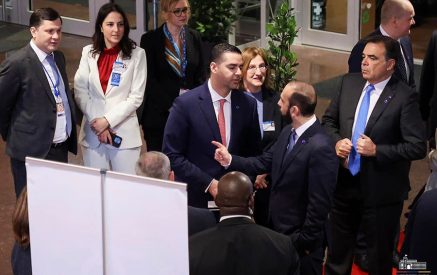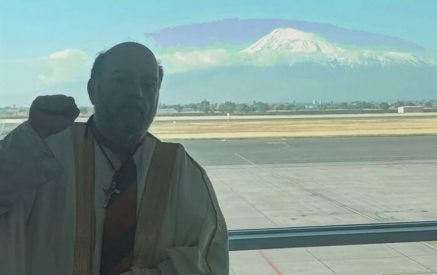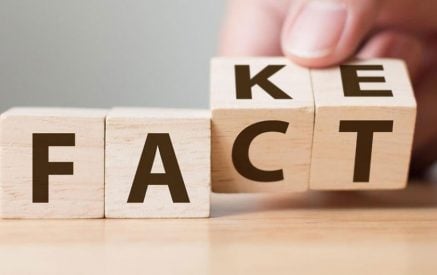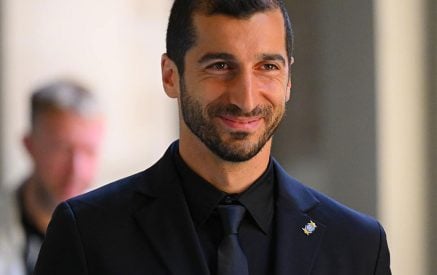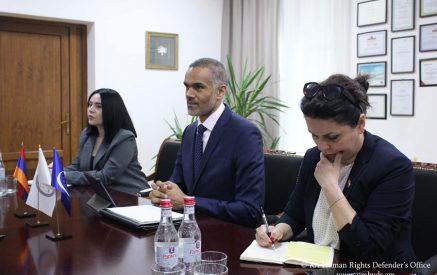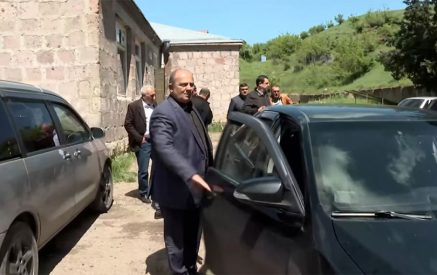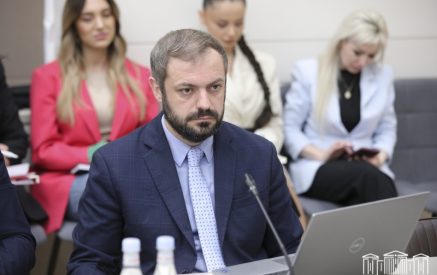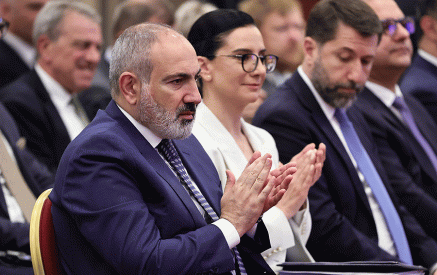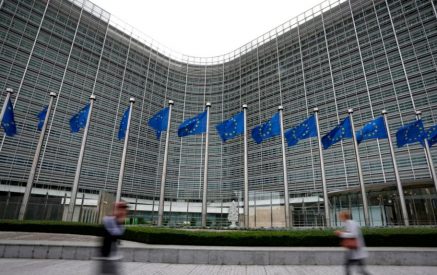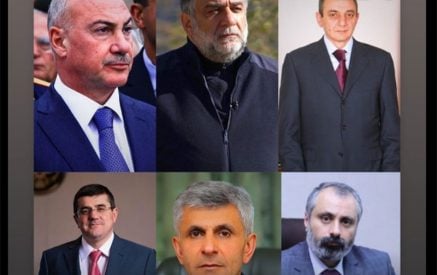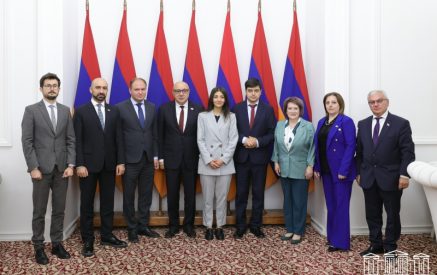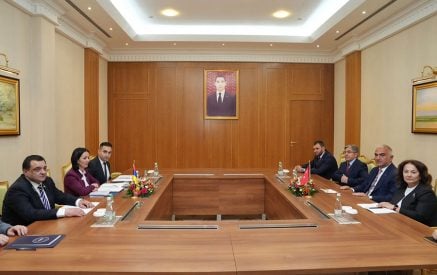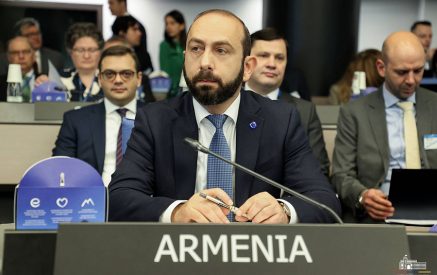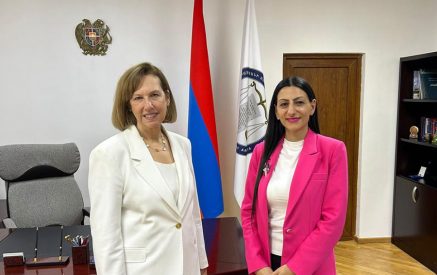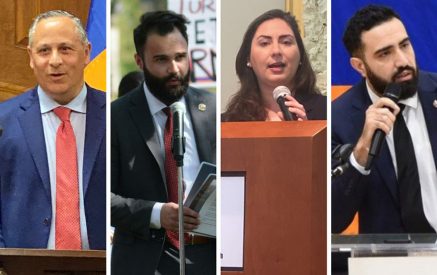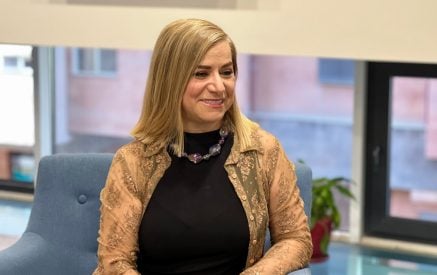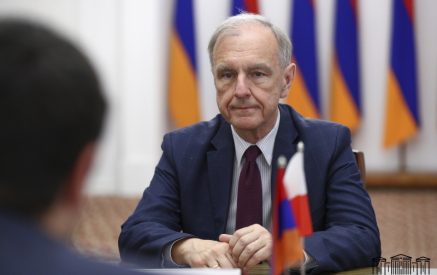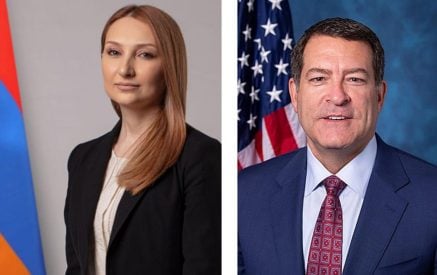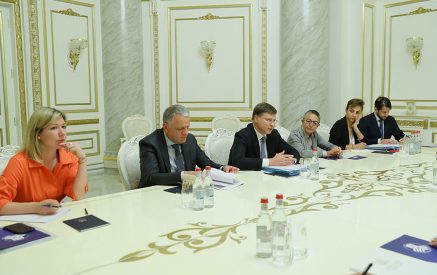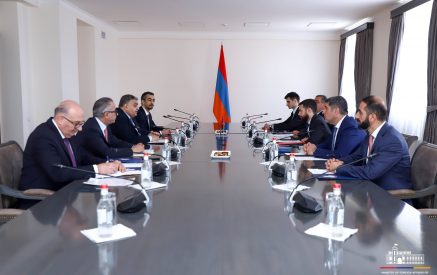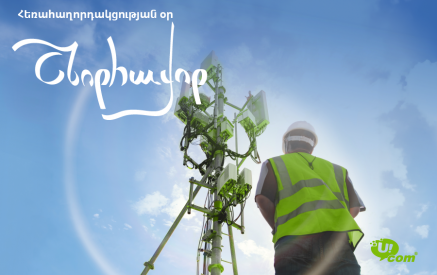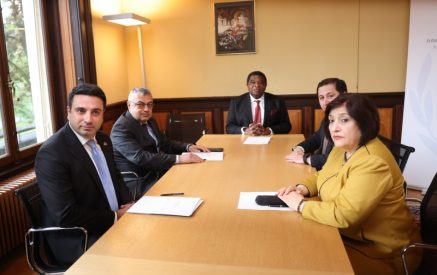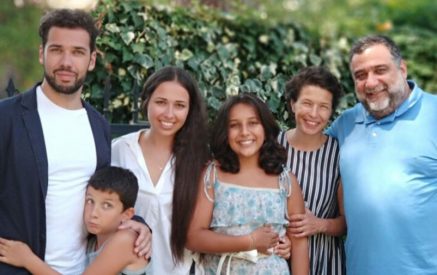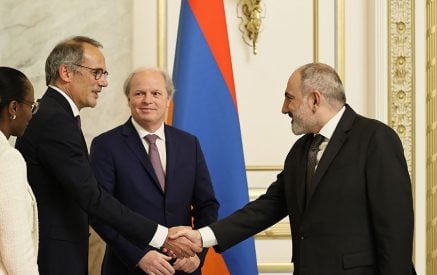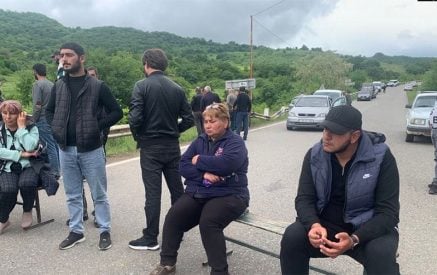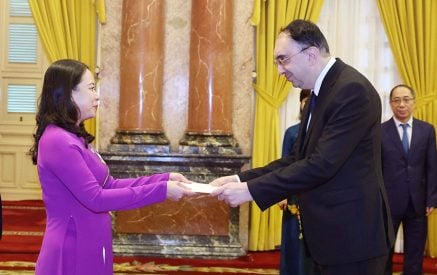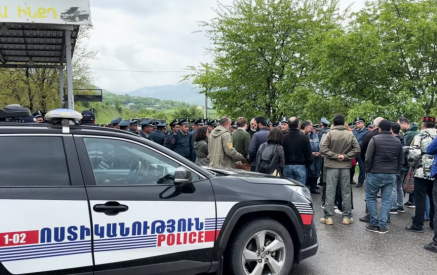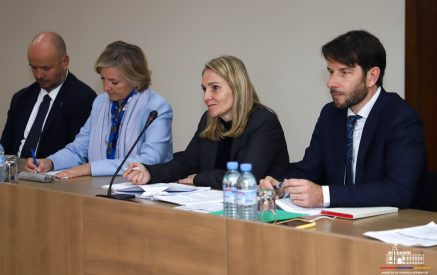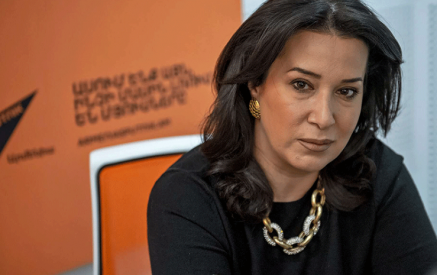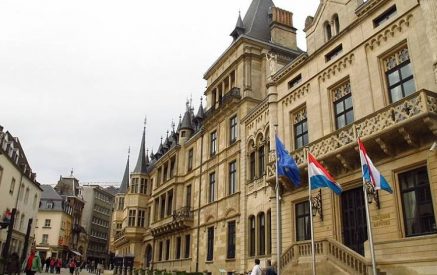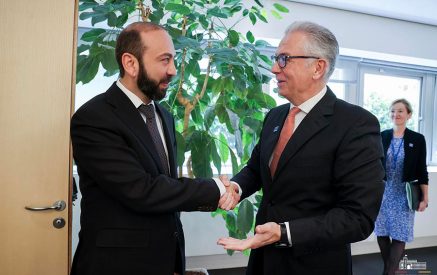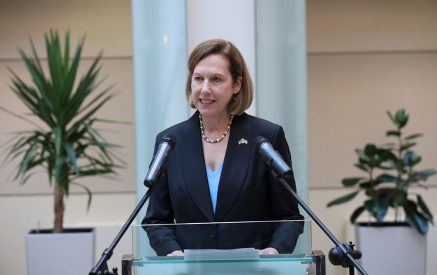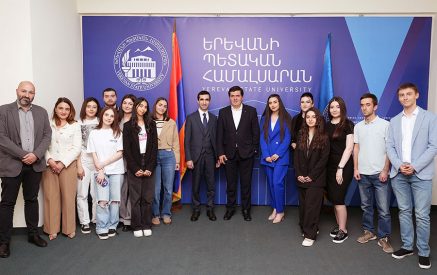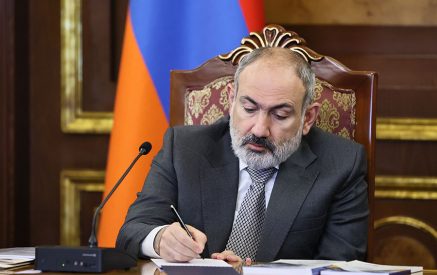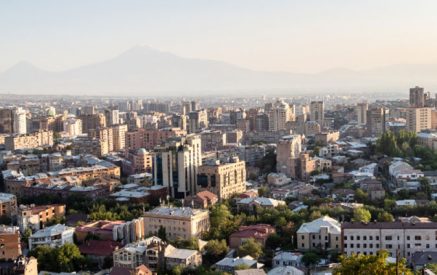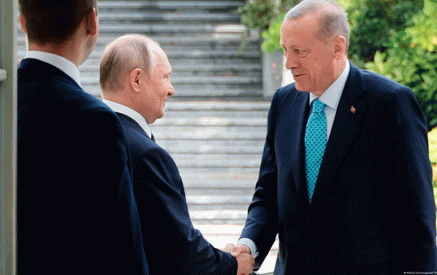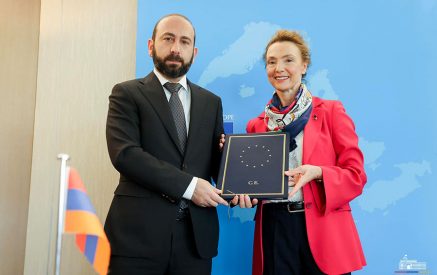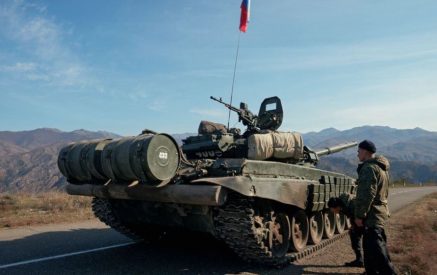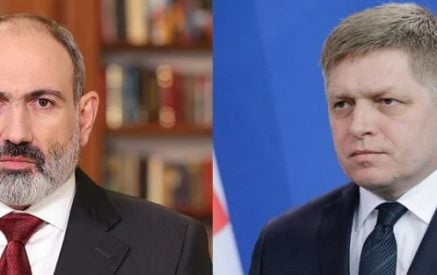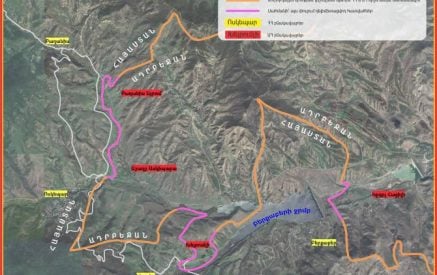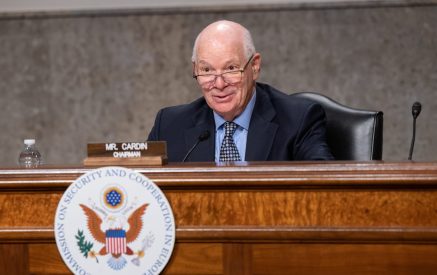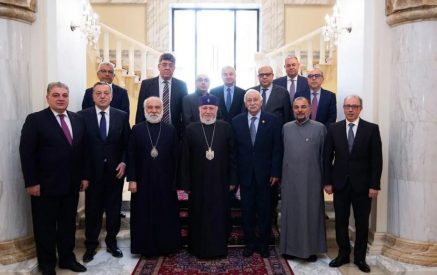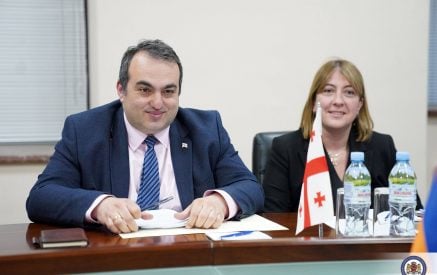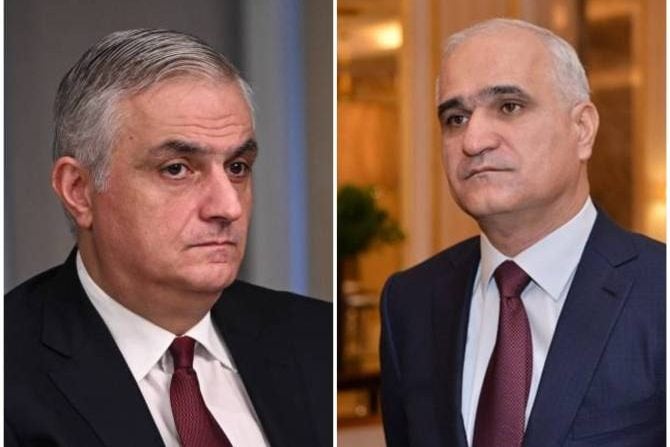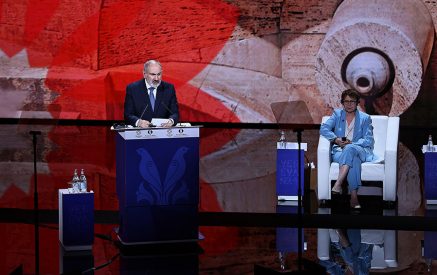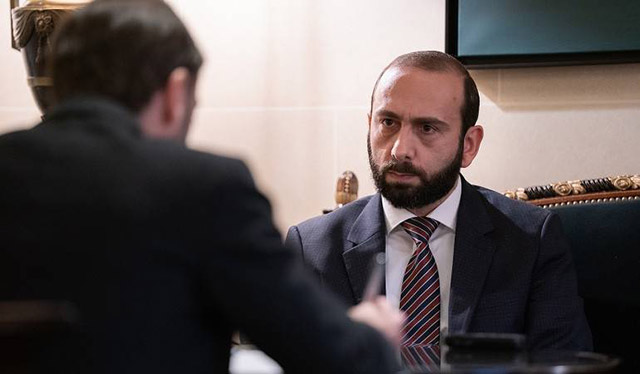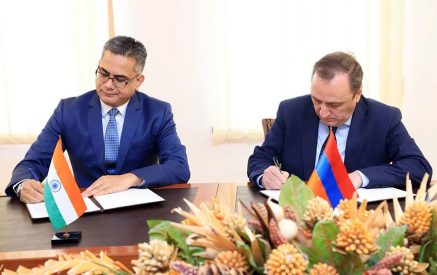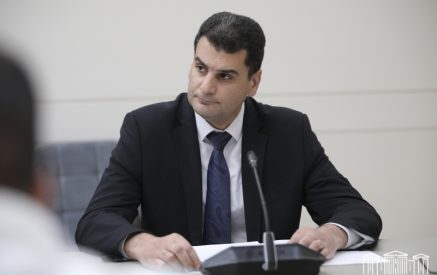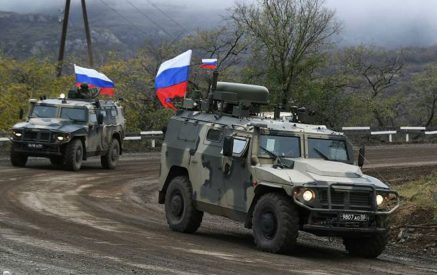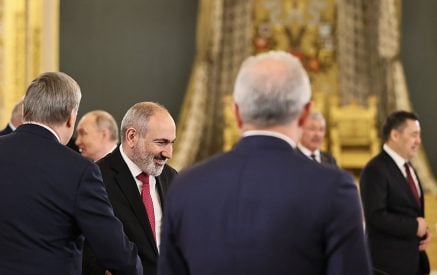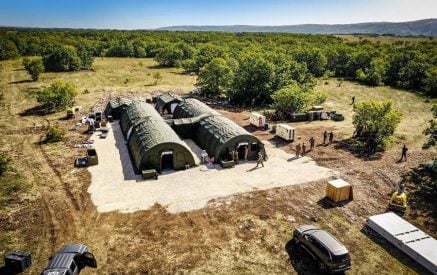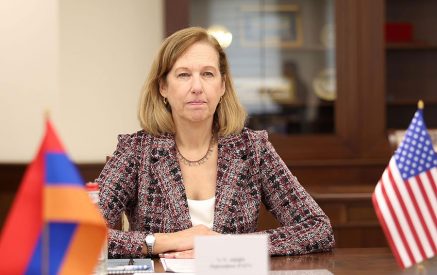1lurer.am. On November 11, within the framework of his working visit to Paris, Minister of Foreign Affairs of the Republic of Armenia Ararat Mirzoyan gave an interview to the famous French daily Le Figaro, which we present below.
Question – What is the situation on the border, a year after the conflict in Nagorno-Karabakh (Artsakh)?
Answer – Azerbaijan’s military aggression against Nagorno-Karabakh ended by the November 9, 2020 trilateral statement on the ceasefire. However, the situation remains very tense. During this year, Azerbaijan has registered about thirty serious violations of the ceasefire, as a result of which there have been casualties on the Armenian side. Civilians were also killed.
Nevertheless, Armenia is making every effort to establish lasting peace in the region. However, for this process to be effective, the efforts must be bilateral.
Read also
Question – What efforts is Armenia ready to make?
Answer – The rhetoric of two sides is quite different. Armenia speaks of opening all channels of communication, while Azerbaijan insists on the so-called ‘corridor’ (with Nakhichevan, located between Armenia, Turkey and Iran, ed.). Armenia, as a manifestation of goodwill, is ready to hand over all the maps of mines located in the region at its disposal, but Azerbaijan, despite its obligation, does not release the Armenian prisoners of war (POWs).
When we talk about peace, Azerbaijan multiplies xenophobic statements. These are evidenced by the speeches of the President of Azerbaijan, the ‘Trophy Park’ opened in Baku this spring, where Armenians are presented humiliated and ridiculed.
Question – How far can this hate speech you are talking about take?
Answer – The answer to this difficult question is in Baku. Hatred can lead to annihilation or genocide. The Armenian people know that.
Long-lasting peace is possible, but it is difficult to imagine the presence of the Armenian population in the territories controlled by Azerbaijan. As a result of the war, no Armenian lives in the territories under the control of Azerbaijan, which is a factual proof of ethnic cleansing.
Question – How many POWs are held in Azerbaijan and under what conditions?
Answer – There are many testimonies about the inhuman, degrading treatment and torture of Armenian prisoners of war. These cases have been documented by various international non-governmental organizations, including Human Rights Watch. We also have documented videos and photos that prove that these people were captured, but Azerbaijan does not confirm their existence.
They may have been executed extra judicially, held in underground prisons, or trafficked in human organs. Azerbaijan has confirmed the existence of 40 Armenian prisoners of war, and has denied the existence of 100 of them.
Question – Last Wednesday you met with French Foreign Minister Jean-Yves Le Drian, and then you and your counterpart Jeyhun Bayramov took part in a trilateral meeting involving the OSCE Minsk Group Co-Chairs. What was the result of the latter?
Answer – First of all, I would like to thank President Macron, the French parliamentarians, all those who have shown their support to Armenia.
I would also like to emphasize the possibility of resuming negotiations under the auspices of the OSCE Minsk Group Co-Chairs. Of course, the issue of the final settlement of the conflict is on the agenda. But at this stage we agreed to take small steps to secure the release of POWs and the entry of international organizations, including UNESCO, into Nagorno-Karabakh for humanitarian purposes, which will be aimed at monitoring the state of the Armenian historical and cultural heritage under threat of extinction.
One such example is the bombing of the Holy Savior Cathedral in Shushi (Ghazanchetsots Cathedral) with the use of drones during the war. About 1,500 cultural monuments and 19,000 museum samples of Artsakh are endangered.
Question – What role should Russia play, which has deployed 2,000 troops in Nagorno-Karabakh to maintain the ceasefire?
Answer – Russia managed to end the war on the 44th day of the battles. Russia is the Co-chair of the OSCE Minsk Group. The Russian peacekeeping forces ensure the security of the Armenians of Nagorno-Karabakh, and contribute to the restoration of normal life. Violations of the ceasefire by Azerbaijan are directed against the reputation of Russian peacekeepers.
Question – Is Armenia ready to normalize its relations with Turkey, to accept Azerbaijan, and to have a corridor connecting Turkey?
Answer – We have always stated that we are ready to normalize our relations without preconditions, despite the huge support provided by Turkey to Azerbaijan during the war against Artsakh, both politically and through the supply of weapons and the deployment of thousands of foreign mercenaries.
We have received positive signals from Turkey to reopen the dialogue, but it remains complicated. Ankara proposes new conditions. Among them is the ‘corridor’ connecting Azerbaijan and Nakhichevan. It cannot be a subject of discussion at all. States must allow transit while maintaining their sovereignty over their territory. All communication channels in the region must be reopened.

